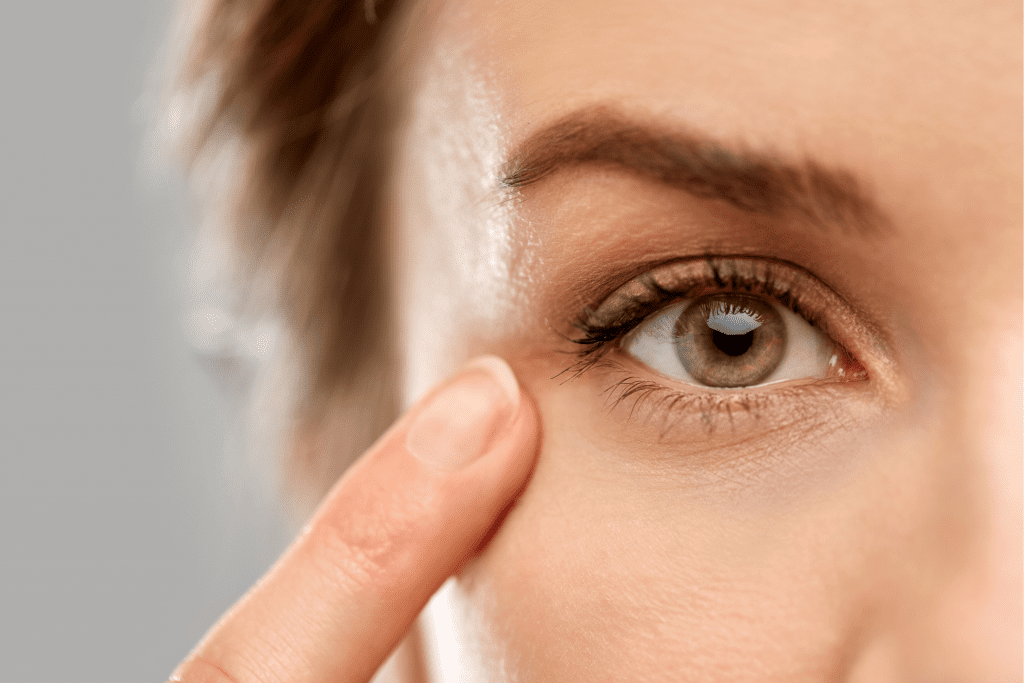RESEARCH
Published Studies on Hydration and Eye Health
How does whole body hydration benefit eye health and moisture? Find out more here.

Hydration, fluid regulation and the eye: in health and disease
Variation in systemic hydration status, namely chronic systemic hypohydration or dehydration, can influence the development of several chronic non-ophthalmic diseases. Owing to the eye’s high water content and unique system of fluid regulation, we hypothesized that hydration status may affect the eye in health and disease states. More about the study.

Is whole-body hydration an important consideration in dry eye?
To identify if whole-body hydration plays an important role in dry eye (DE). We hypothesized that individuals classified as DE have higher plasma osmolality (Posm), indicating suboptimal hydration, compared with those classified as non-DE. More about the study.

Tear Osmolarity in the Diagnosis of Systemic Dehydration and Dry Eye Disease
Systemic dehydration due to inadequate water intake or excessive water loss, is common in the elderly and results in a high morbidity and significant mortality. Diagnosis is often overlooked and there is a need for a simple, bedside diagnostic test in at-risk populations. Body hydration is highly regulated with plasma osmolality (pOsm) being tightly controlled over a wide range of physiological conditions. By contrast, normal tear osmolarity (tOsm) is more variable since the tear film is exposed to evaporation from the open eye. More about the study.

The relationship between habitual water intake and dry eye disease
The purpose of this study is to test the hypothesis that greater habitual water intake is associated with lower risk of dry eye disease (DED).
Included are participants from the population-based Lifelines cohort (mean age = 51.2 years) in this cross-sectional association study. DED was assessed using the Women’s Health Study (WHS) dry eye questionnaire. More about the study.

